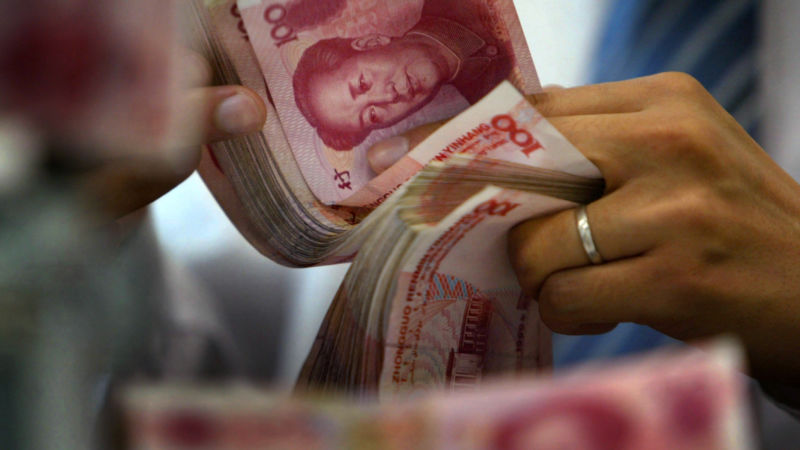The submission of precise and accurate customs declarations is the key driver for customs in analyzing and measuring imports and exports to and from a country. Importers and exporters are required by law to declare their goods in a precise and accurate manner. Submitting false or inaccurate information can lead to major fines and penalties, disruption to a company’s supply chain and criminal charges. When evaluating your customs declarations, it is recommended that companies are well informed on the requirements and precise in their customs declarations to maintain compliance. This article will explore ways to help companies better understand what precise and accurate declarations are to avoid unnecessary fines and penalties.
Accurate Declarations
Companies are responsible for the precise and accurate declaration of their goods during three stages of the customs process: before the declaration is made, during the declaration, and post-declaration. For example, processing trade companies should declare to customs the type, and volume of their raw materials that will be imported/ exported before they begin processing their customs declarations. The approved import/export goods exemption certificate should be applied in advance by the company before the duty exception cargo arrives.
During the customs declaration process, companies should make changes that are essential in providing the most accurate information regarding their commodities. These changes may include Chinese and English descriptions, HS codes, volumes, price, Incoterms, origins, place of departure, and place of arrival according to the commercial and logistics documents.
At times, customs will continue to monitor and analyze entries after the cargo has cleared and been released to determine the accuracy of what was declared. For instance, bonded processing goods is generally supervised by customs during the entire bonded procedure to eliminate disparity in declarations according to the company’s operations. Concurrently, maintaining records on duty-deducted or duty exempt goods for three to eight years after their release is beneficial to the company in adhering to any additional requests for information from the local customs agency.
Consequences for False Declarations
The reasons for making false declarations vary. The settlement and punishment for falsely declaring goods will depend on the company’s intentional and/or unintentional actions. Some importers and exporters have deliberately attempted to conceal or incorrectly declare information. For example, there may be an attempt to falsify documents to reduce the duty and tax assessments, avoid inspections, or avoid scrutiny from the government on imported items that require licenses or additional information. On the other hand, if the importer/ exporter unintentionally makes an error in their declaration, customs is generally more willing to accept a correction to the declaration, especially if the company is forthright as soon as they recognize an error was made.
Moreover, the auditing regulations by the customs of the People’s Republic of China state that under the state council if a company initially discloses a violation or false declaration, they may be provided a mitigated administrative penalty. This means that it would be very beneficial for enterprises to conduct self-assessments to maintain compliance and mitigate risks.
How to Avoid False Declarations when Dealing with International Trade Operations
First, start by assessing your risk and bringing more awareness within your organization to the complexities and expectations in meeting compliance requirements. For example, most smuggling offenses and illegal activities are caused by a lack of awareness and education around the customs clearance process and requirements. According to China’s customs administrative penalties regulations, when company’s and or their legal representative (i.e., Customs Broker) have a violation, in addition to the punishment of the legal representative for the company, and the person directly responsible, they will issue a warning and a potential fine of up to RMB fifty thousand. Additionally, China’s criminal law stipulates that the persons in charge and other persons directly responsible for smuggling criminal actives shall be subject to criminal punishment. Therefore, a false declaration can potentially trigger an economic loss or disrupt the operations. The greatest penalty of course could be applied to the company’s senior executives in the form of jail time.
Secondly, by strengthening internal management decisions by enhancing internal SOPs, providing a clear communication path to all parties involved in providing information for declarations and applying the appropriate systems to help reduce incorrect declaration rates, a company will greatly reduce the potential for incorrect declarations. These SOPs should include the latest customs laws and regulations with interpretation of the business relevant updates that will impact their global trade operations.
Finally, make sure communication with customs is handled in a timely manner. By ensuring the local customs officials are informed and engaged, often the clearance decisions and timeliness in shipment release is supported by the local customs office. For example, if the company has concerns or questions on how to declare a new product, by communicating with customs in advance, this will greatly improve the accuracy of declarations and minimize the chances for false and inaccurate declarations.
Click here for more information on our global trade management solutions to address your immediate and ongoing needs.






